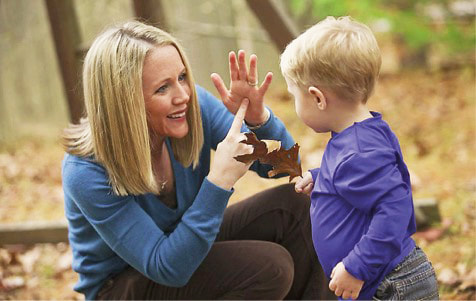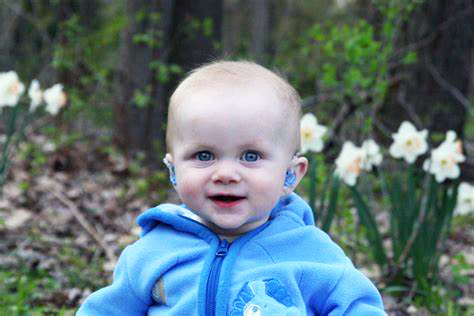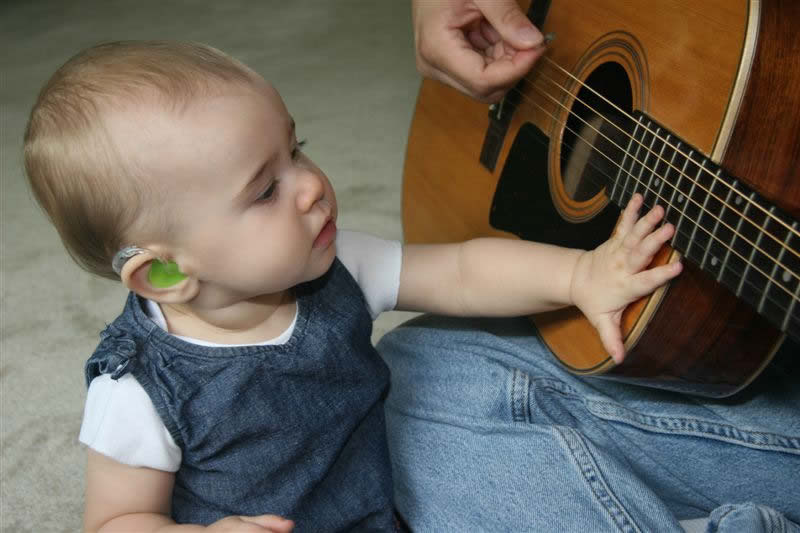About the West Omaha Service Club
The West Omaha Service Club was re-chartered in January 2021 as a local Non-profit 501(c)3 organization. To bring people
together who have an interest in helping those with difficulty hearing in the Omaha, Nebraska area.
Why Hearing Health?
While not a life threatening health problem, untreated or undiagnosed hearing issues have a profound impact on an individual’s quality of life. It can have a negative impact on the individual’s self-esteem, and isolates many from their family, friends and even their community.
Mission Statement
Hearing health needs allies and advocates, educators and healers, and the West Omaha Service Club is there to help. The Mission of the West Omaha Service Club is to contribute to the well-being of the Eastern Nebraska region through charitable donations with a special emphasis on supporting the deaf and hard of hearing community and other related causes.
Hearing Statistics
• About 2-3 out of every 1,000 children in the US is born with a detectable level of HL in one or both ears.
• In the US Deaf children are 3 times as likely to be abused as hearing children.
• More than 90% of deaf children are born to hearing parents
• One in 8 people in the US (13%) age 12 years or older has hearing loss in both ears based on standard hearing examinations.
• Approximately 15% of American adults age 18 and over report some trouble hearing
• Men are almost twice as likely as women to have hearing loss among adults aged 20-69
• About 18% of adults ages 20-69 have speech frequency hearing loss in both ears among those who report 5 or more years of exposure to very loud noises at work, as compared to 5.5% of adults with speech-frequency hearing loss in both ears who report not occupational noise exposure.
• Relationship between hearing loss and age is: age 45-64=18%, age 65-74= 30%, age 75 and older= 47%.
• Only 1 out of 5 people who could benefit from a hearing aid actually wears one.
Nebraska Statistics
• A 5 year average shows that 66 babies are identified each year with congenital Hearing Loss. An additional 11 babies are diagnosed with late onset hearing loss by the age of 3.
• Although not mandated, 100% of the hospitals in Nebraska conduct newborn hearing screens as a standard of care.
together who have an interest in helping those with difficulty hearing in the Omaha, Nebraska area.
Why Hearing Health?
While not a life threatening health problem, untreated or undiagnosed hearing issues have a profound impact on an individual’s quality of life. It can have a negative impact on the individual’s self-esteem, and isolates many from their family, friends and even their community.
Mission Statement
Hearing health needs allies and advocates, educators and healers, and the West Omaha Service Club is there to help. The Mission of the West Omaha Service Club is to contribute to the well-being of the Eastern Nebraska region through charitable donations with a special emphasis on supporting the deaf and hard of hearing community and other related causes.
Hearing Statistics
• About 2-3 out of every 1,000 children in the US is born with a detectable level of HL in one or both ears.
• In the US Deaf children are 3 times as likely to be abused as hearing children.
• More than 90% of deaf children are born to hearing parents
• One in 8 people in the US (13%) age 12 years or older has hearing loss in both ears based on standard hearing examinations.
• Approximately 15% of American adults age 18 and over report some trouble hearing
• Men are almost twice as likely as women to have hearing loss among adults aged 20-69
• About 18% of adults ages 20-69 have speech frequency hearing loss in both ears among those who report 5 or more years of exposure to very loud noises at work, as compared to 5.5% of adults with speech-frequency hearing loss in both ears who report not occupational noise exposure.
• Relationship between hearing loss and age is: age 45-64=18%, age 65-74= 30%, age 75 and older= 47%.
• Only 1 out of 5 people who could benefit from a hearing aid actually wears one.
Nebraska Statistics
• A 5 year average shows that 66 babies are identified each year with congenital Hearing Loss. An additional 11 babies are diagnosed with late onset hearing loss by the age of 3.
• Although not mandated, 100% of the hospitals in Nebraska conduct newborn hearing screens as a standard of care.



